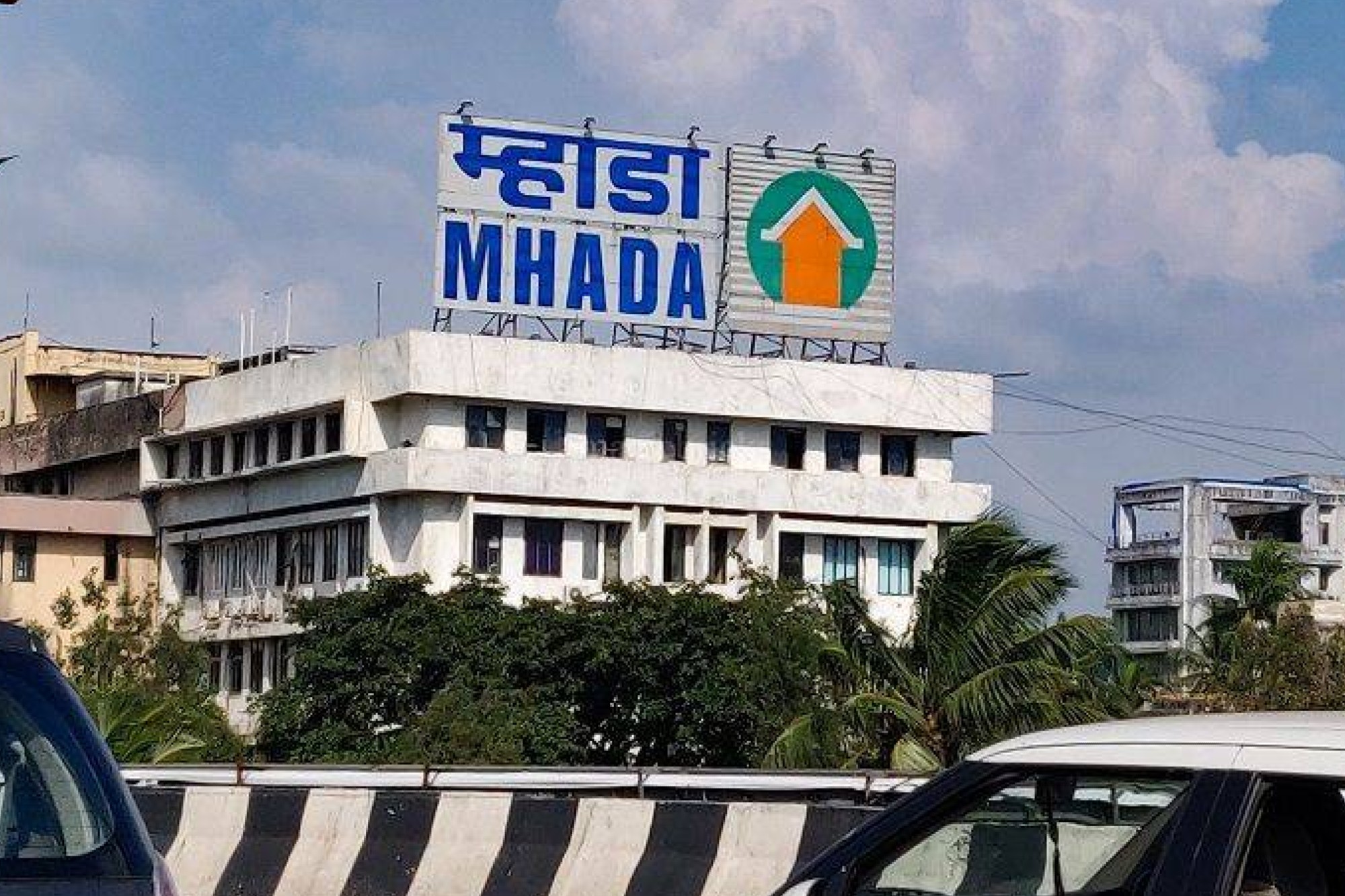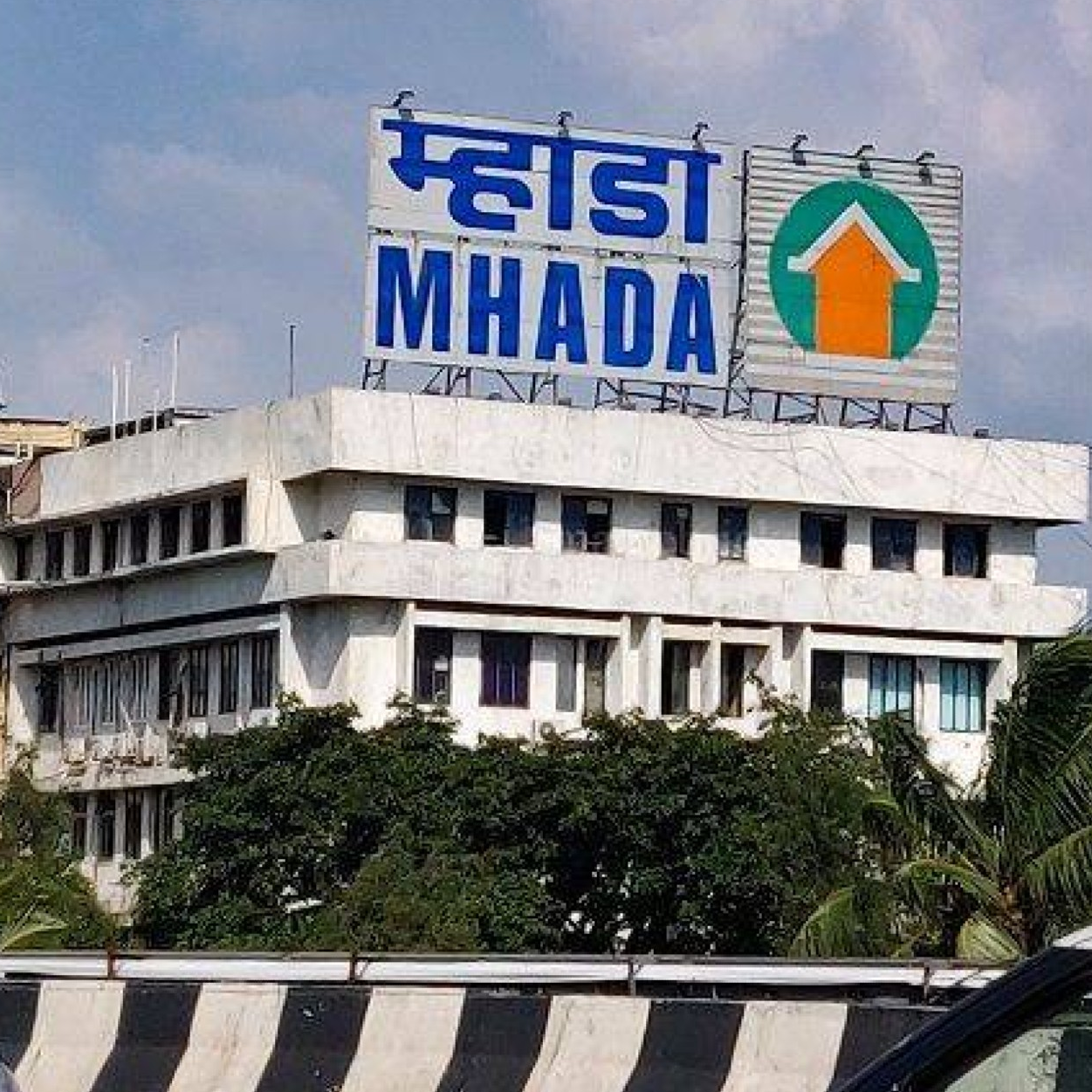
Mumbai’s Housing Landscape Set for a Shake-Up: MHADA’s New Rental Policy Could Transform Affordability and Urban Mobility
Mumbai’s housing ecosystem is entering a decisive new chapter as the Maharashtra Housing and Area Development Authority (MHADA) prepares to launch a comprehensive rental housing policy aimed at reshaping affordability, transparency, and access for millions of citizens. Under the leadership of IAS Sanjeev Jaiswal, MHADA’s latest initiative signals a strategic shift in how the state addresses the acute pressures of housing demand in the Mumbai Metropolitan Region (MMR). In a city where homeownership is increasingly out of reach for middle- and low-income families, this move marks a deliberate effort to broaden the spectrum of viable housing options.
For decades, MHADA has been synonymous with affordable housing ownership. But rapid urbanisation, spiralling property prices, and rising migration have amplified the necessity for a complementary model, one that bridges the gap between aspiration and affordability. The proposed rental housing policy acknowledges the realities of Mumbai’s dynamic workforce: transient, mobile, and heavily dependent on accessible short- and medium-term accommodation.
Why MHADA’s Rental Policy Marks a Structural Shift in Mumbai’s Housing Market
At the heart of this draft policy lies a sharp focus on affordability and transparent governance. Officials emphasise that the framework is built upon four pillars, affordability, inclusiveness, transparency, and accessibility, each designed to create predictable and equitable rental ecosystems. This approach stands in contrast to the largely unregulated nature of Mumbai’s private rental market, where steep pricing and opaque transactions often leave renters vulnerable. MHADA’s systematic intervention could help formalise the sector, reduce information asymmetry, and give citizens a structured alternative backed by institutional accountability.
A New Digital Framework: The Smart Rental Housing Portal
A significant innovation in this proposal is the introduction of the Smart Rental Housing Portal, an entirely digital platform intended to handle tenant management, documentation, applications, verification, and grievance redressal. In a city where administrative processes traditionally involve long queues and multiple touchpoints, an end-to-end online system represents a major leap forward. By integrating digital records and transparent workflows, the portal is expected to reduce intermediaries, bring down processing times, and ensure clarity at every step of the rental journey. This digital shift aligns with India’s broader push for citizen-centric e-governance.
Easing Urban Pressures for Students, Professionals, and Women
The policy is particularly timely for students, young professionals, and women working in Mumbai’s expanding services economy. Official estimates show that Mumbai attracts lakhs of migrants annually, many from within Maharashtra seeking education or employment. With rents in central and western suburbs often consuming 35–50% of an individual’s income, most are compelled to move to distant areas such as Kalyan, Vasai-Virar, or Navi Mumbai. The resulting commute, which can stretch to three or four hours daily, reduces productivity, increases travel costs, and heightens urban stress. Affordable rentals closer to workplaces could transform mobility patterns and significantly improve quality of life.
Expanding Supply: 2.5 Lakh New Homes and the 2030 Vision
Beyond the rental policy, MHADA has outlined a large-scale expansion in its construction pipeline. The organisation plans to develop 2.5 lakh new homes in Mumbai over the next five years. This forms part of a larger national mandate under NITI Aayog, which has identified the MMR as a housing “growth hub.” By 2030, MHADA is expected to deliver 8 lakh homes across the region, a target that represents one of the most substantial public housing commitments in the country.
Land Expansion and Redevelopment: The Scale of Upcoming Projects
To achieve these goals, MHADA has earmarked 3,000 hectares of land for new construction while also prioritising the redevelopment of 114 old cooperative housing societies. Redevelopment is essential in a city with scarce land, aging buildings, and soaring demand. By integrating both new projects and reconstruction of old structures, MHADA aims to expand supply while improving structural safety, urban aesthetics, and long-term sustainability. The dual focus on rental and ownership housing strengthens Mumbai’s overall housing ecosystem.
Stakeholder Participation and the Need for Verified Information
While the new policy draft represents significant progress, MHADA has encouraged citizens, developers, and policy experts to offer feedback before finalisation. This participatory approach enhances transparency and ensures that the final policy reflects ground realities. The organisation has also stressed the importance of relying exclusively on verified updates available through MHADA’s official channels, helping prevent misinformation and ensuring clarity on procedures, eligibility, and future housing schemes.
A Modern Housing Strategy for a Growing Urban Workforce
The initiative reflects a broader structural recognition: housing is no longer merely an asset, but essential infrastructure that shapes mobility, productivity, and urban equity. Affordable rental housing can reduce congestion, unlock workforce participation, especially for women, and support emerging economic clusters. International trends show that vibrant rental ecosystems are fundamental to thriving global cities, providing flexibility for those in transitional life stages while ensuring a stable labour market.
MHADA’s move brings Mumbai closer to this global standard by combining regulated rentals, long-term planning, digital governance, and supply-side growth. The policy also embeds a deeper ambition, to ensure that access to opportunity is not determined solely by income or distance.
Shaping Mumbai’s Urban Future
The road ahead will hinge on timely execution, citizen engagement, and sustained transparency. If implemented effectively, MHADA’s rental housing policy could serve as a blueprint for other Indian metros confronting similar affordability challenges. Most importantly, it signals an inclusive, future-ready vision of urban living where mobility, opportunity, and dignity are central to housing policy.
In a city defined by ambition and movement, MHADA’s forward-looking strategy offers optimism and direction, providing more choices and greater confidence to millions navigating Mumbai’s complex housing landscape.

